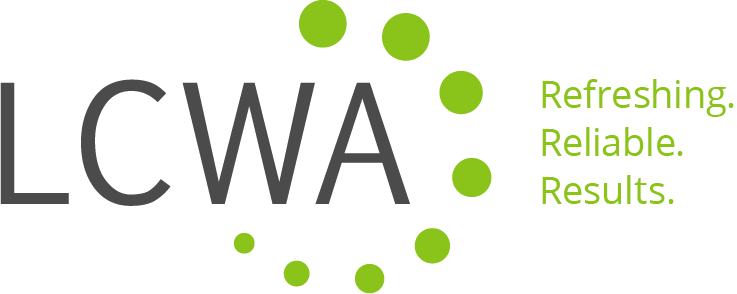Now that the final exams are graded, I have a few moments for reflection about my experience teaching an “Ethics in Public Relations and Advertising” class at DePaul University last quarter.
Overall, there is a lack of ethics training for communicators to give them a foundation for ethical decision making. In fact, more than 70 percent of PR pros reported that they had not received any ethics training, or had seen just a cursory level, according to a survey by the Research Foundation of the Inernational Association of Business Communicators (IABC).
That’s why I’m excited to be a part of DePaul’s effort to infuse teaching on ethical decision making into every field of study. Here are some insights I’ve gained on what’s needed to tackle teaching a subject such as ethics.
- Provide a framework for thinking through an ethical dilemma. Often, there is more than one “right” answer to an ethical question, although one choice may ultimately emerge as best course of action. Without a process for analyzing the stages of decision making and assigning appropriate weight to conflicting considerations, students and practitioners often resort to a confusing pattern of case-by-case decision making or a retreat to the legal standard as the only reliable guide.
- Appeal to a higher ethical principle. By using a step-by-step process, we can determine whether there is an overarching ethical principle that provides a universal ground for decision making and provides a defensible way to choose between competing alternatives. A good working knowledge of the key theories of leading ethical thinkers across the ages enables students and practitioners alike to demonstrate that an ethical principle shaped their final decision.
- Know and respect the ethical codes of the profession. The codes of our profession – Public Relations Society of America (PRSA), IABC, Word of Mouth Marketing Organization (WOMMA), American Advertising Federation (AAF), to name a few – provide a road map for students and professionals to follow. These codes provide a wealth of food for thought for anyone who is interested in the profession’s commitment to ethical practices.
At LCWA, we work hard everyday to make the right ethical decisions for our clients and our staff using these fundamental principles. We’re also committed to a process of continually learning and honing our approach to solving ethical dilemmas.
